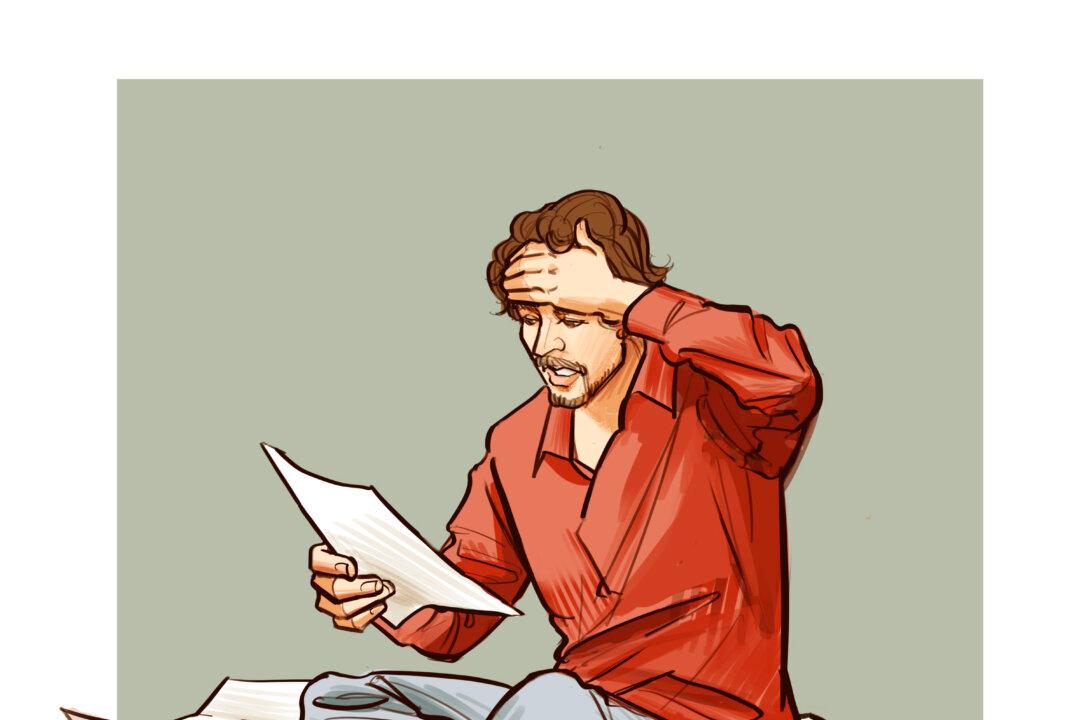If you don’t have enough money to pay all of your bills, which should you pay first, and which ones can slide for a while? That’s the question frequently showing up in my email inbox these days.
The past year has been so difficult for so many. And with each request for help I receive, the more my heart breaks for my dear readers going through such financially trying times. Then, I pull myself together, recalling with certainty that “tough times never last, but tough people do.”





